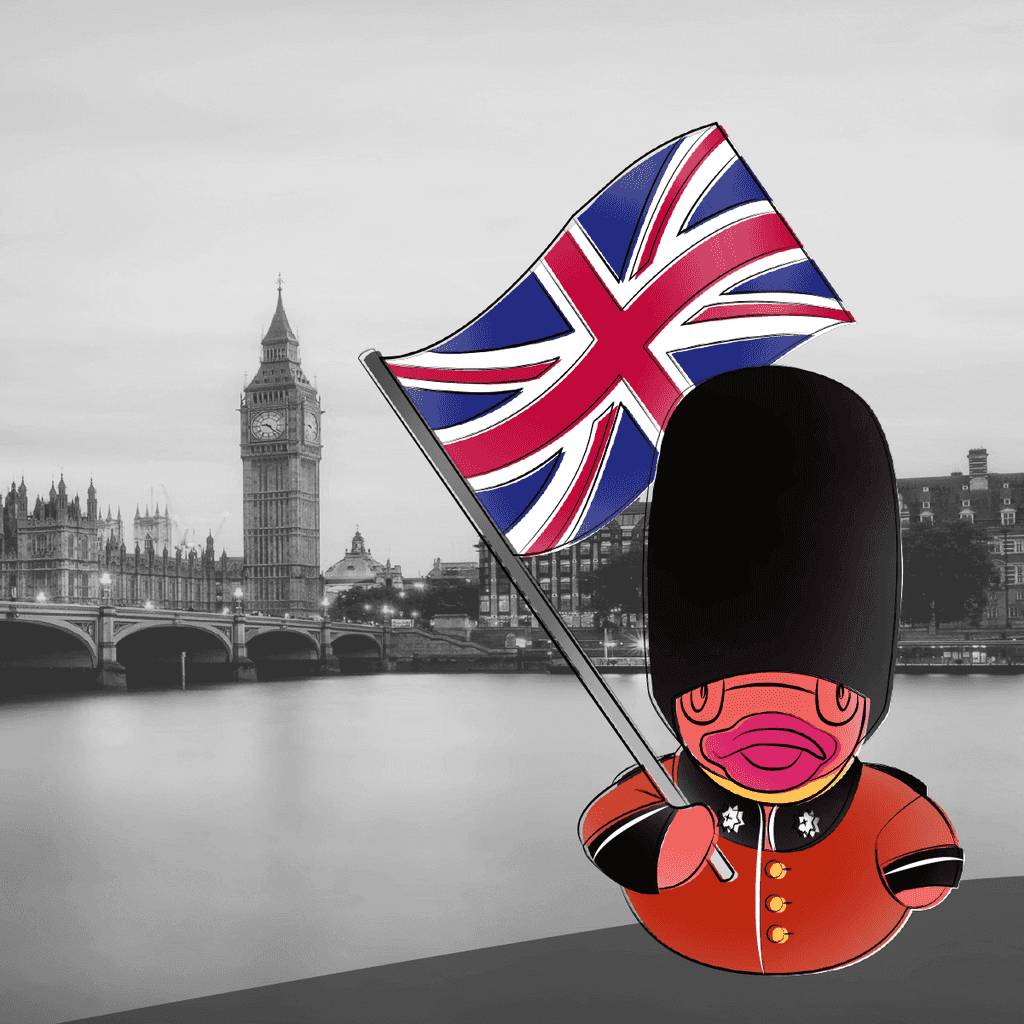
Blog
English in a job interview - Conditionals
Wojciech Stróżyński 18.07.2019
English in IT is like a cold beer on a hot day. Necessary. Unfortunately, sometimes this beer turns out to be a lager. In addition, non-alcoholic. And today we will try to change it by pointing out once again the popular mistakes that we make when speaking or writing in English.
Conditional modes
Conditional modes, called Conditionals in English, are something that many of us forget. The most common conditional mode in Poland is the one in which we say If it will rain We will stay at home. Unfortunately, this is not an official conditional mode, but only our local mode so it should be avoided. Probably due to the calculation of Polish expressions of this type – if it rains, we will stay at home.
We hear these kinds of sentences in open space very often, so I think it’s time to look at this topic.
In English, we have four conditional modes – zero, first, second and third conditional. In addition, in some situations, in one sentence, two of the above are combined. This article is intended to present only those that will be most useful to us in our daily work and in an interview. In my opinion, these will be the first three conditional modes – zero, first and second. Each of them has a specific application and is used in a different situation. So let’s move on to the simplest. Zero.
Zero conditional
We use it when we talk about a situation that is always true – about scientific facts, about customs. In general, things that happen whenever a condition is met. This is how its design looks like:
If + Subject + Present Simple, Subject + Present Simple
Podniot + Present Simple + if + Subject + Present Simple
However, nothing will show you how to use it better than examples:
If you don’t drink water, you are thirsty.
If it rains, the grass gets wet.
The grass gets wet if it rains.
If you heat ice, it melts.
Additionally, in this mode, instead of If, we can use the word when:
Ice melts when you heat it.
As you can see, the situation here is clear. So let’s move on to the first conditional mode – I think the most popular in everyday communication – right after ponglish conditional mentioned earlier.
First conditional
This mode is used in situations that are likely to happened because the condition is met. But it’s not something we’re sure of (zero conditional), nor is it something that has virtually no chance of happened (second conditional). Let’s start with the design.
If + Subject + Present Simple, Subject + will+ verb
Entity + will + verb + If + Subject + Present Simple
And examples of applications from everyday life.
If it rains, you will get wet.
If I have time, I’ll finish that letter.
What will you do if you miss the plane?
You will miss the deadline if you don’t finish this task.
Nobody will notice if you make a mistake.
Knowing these rules and rules, let’s not apply double wills in sentences anymore.
It’s time to move on to the last mode I’ll be discussing.
Second conditional
This mode has two uses – firstly, it describes things and conditional events that are unlikely, and secondly, it allows us to give advice. As usual, let’s start with the design.
If + Subject + Past Simple, Subject + would + verb
Subject + would + verb + if + Subject + Past Simple
So let’s move on to the examples. To begin with, the standard use of this mode:
If it rained, you would get wet.
You would get wet if it rained.
They would have another baby if they weren’t so focused on their careers.
If I were 20, I would travel the world
We can also use this mode to give advice. We do this by adding the phrase If I were you at the beginning of the sentence. Examples below.
If I were you, I would sell this old car. I
f I were you, I would give up the tuxedo.
Ok. It’s again – when which one?
Imagine sitting at a table and telling ourselves some of the things. Some undeniable facts. At some point, the sentence falls – If it rains, the grass gets wet.
You come to the conclusion that you should go to the city beaches, because you want to continue the conversation with beer. You come up to the window and notice that black clouds are slowly gathering. One of you says,
„If it rains, you will get wet.”
You don’t care about it and dressed according to the beach conditions you go out to realize your plan. In the meantime, the clouds are disappearing and one of you comes to the conclusion that going to the beach when the clouds have gathered may not have been a good idea and th
rows:- If it rained, you would get wet.
You sit on the city beach 3h and the clouds gather again. This time seriously. One of you seeing that gathers for rain decides to evacuate home, so he throws goodbye:- If
I were you, I would find a safe place! Bye!
I hope that the above story has brought you closer to the contexts of using conditional modes well enough that you never use a double will again.
I can’t make conditional expressions! What do I do? How to live?
Quietly. Everyone makes mistakes. As the British say – Everyone has a blind spot. There is a lot of material on the Internet that will help us understand this issue. And if you’ve mastered conditional expressions, check out my other articles that look out for other common mistakes that we often hear in our daily work. You can start by reading the previous article in this series.